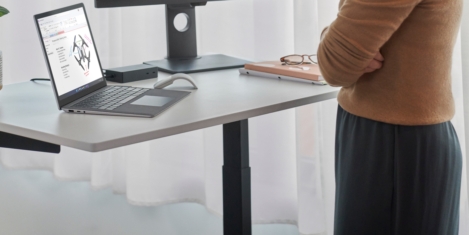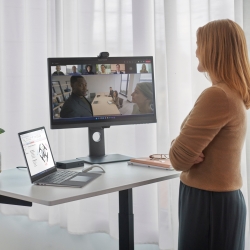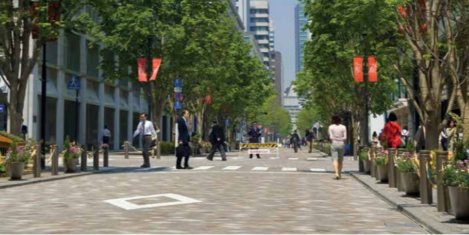To provide the best experiences, we use technologies like cookies to store and/or access device information. Consenting to these technologies will allow us to process data such as browsing behaviour or unique IDs on this site. Not consenting or withdrawing consent, may adversely affect certain features and functions.
The technical storage or access is strictly necessary for the legitimate purpose of enabling the use of a specific service explicitly requested by the subscriber or user, or for the sole purpose of carrying out the transmission of a communication over an electronic communications network.
The technical storage or access is necessary for the legitimate purpose of storing preferences that are not requested by the subscriber or user.
The technical storage or access that is used exclusively for statistical purposes.
The technical storage or access that is used exclusively for anonymous statistical purposes. Without a subpoena, voluntary compliance on the part of your Internet Service Provider, or additional records from a third party, information stored or retrieved for this purpose alone cannot usually be used to identify you.
The technical storage or access is required to create user profiles to send advertising, or to track the user on a website or across several websites for similar marketing purposes.
 A new survey from Protiviti and the Oxford Global Centre on Healthcare and Urbanisation at Kellogg College claims that 74 percent of global business executives believe that emerging and new technology will increase the size of the workforce in the next decade. It also suggests that 86 percent expect the types of jobs their employees will perform to be different from today — a figure that remains nearly unchanged regardless of where the leader’s company is headquartered globally. (more…)
A new survey from Protiviti and the Oxford Global Centre on Healthcare and Urbanisation at Kellogg College claims that 74 percent of global business executives believe that emerging and new technology will increase the size of the workforce in the next decade. It also suggests that 86 percent expect the types of jobs their employees will perform to be different from today — a figure that remains nearly unchanged regardless of where the leader’s company is headquartered globally. (more…)
































March 23, 2022
A burst of technological innovation is reshaping the future of work
by Toby Benzecry • Comment, Flexible working, Technology, Workplace design